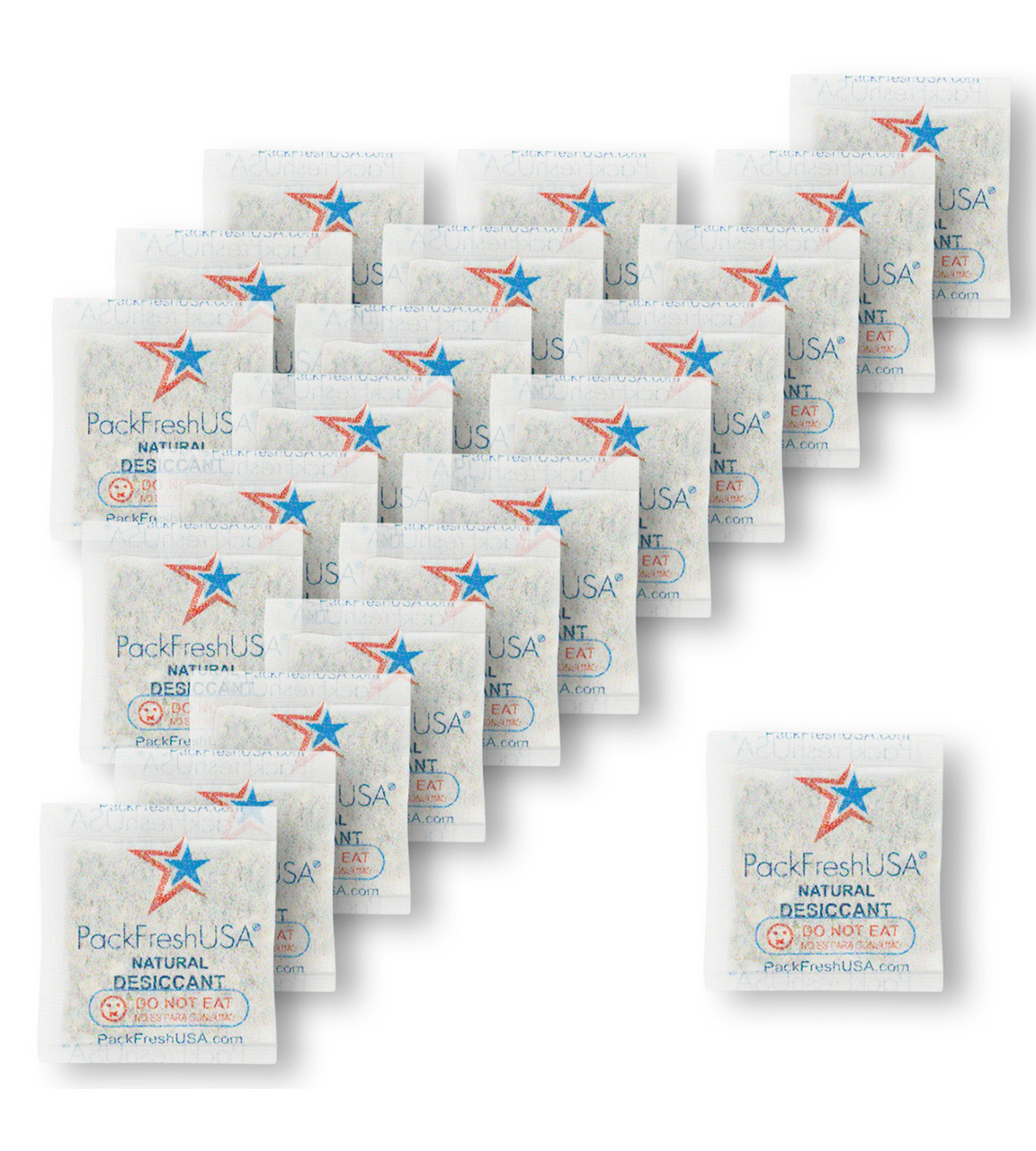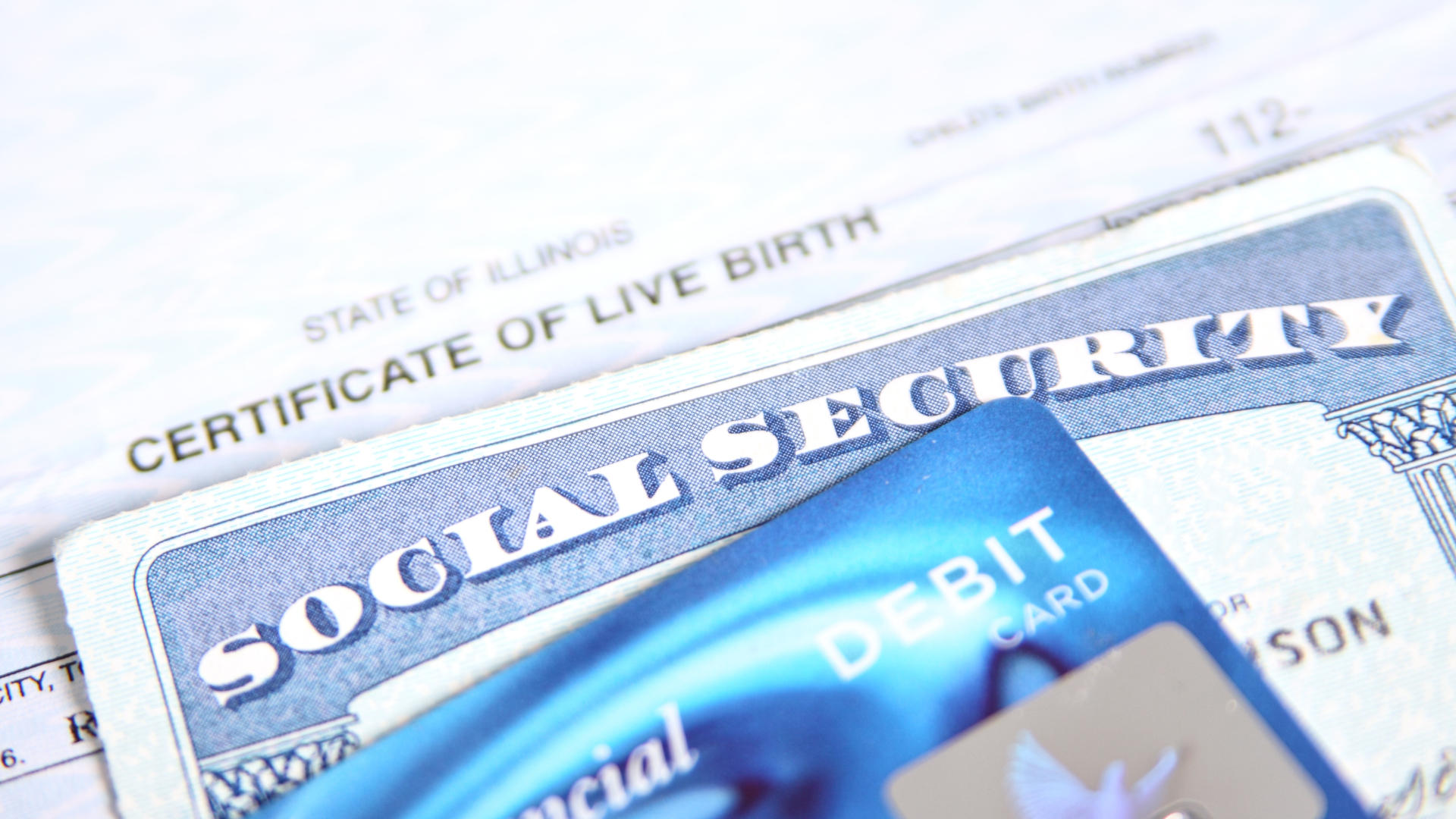How to Prepare and Store Important Personal Documents in Case of Emergencies
How to Prepare and Store Important Personal Documents in Case of Emergencies
Preparing and storing important personal documents in case of emergencies is a crucial step to ensure your peace of mind and the security of your information. Here's a step-by-step guide to help you get started:
- Gather Your Documents: Collect all the important personal documents you have, such as:
- Identification documents (passport, driver's license, birth certificate)
- Legal documents (wills, trusts, power of attorney)
- Financial documents (bank account information, investment records)
- Medical records (health insurance, prescriptions, medical history)
- Property documents (property deeds, mortgage papers)
- Insurance policies (life, home, auto)
- Important contracts (employment, lease agreements)
- Organize and Sort: Categorize your documents into different groups to make them easier to manage. You can use physical folders or digital folders on your computer for this purpose.
- Create Digital Copies: Scan or take clear photos of your documents and save them in digital format. Store these digital copies on a secure and encrypted external hard drive, USB drive, or a cloud storage service. Make sure the cloud service you choose has robust security features and encryption.
- Use Encryption: If you're storing your documents digitally, consider encrypting them to add an extra layer of security. You can use software to create encrypted containers or folders.
- Store Physical Copies: Place the original physical documents in a secure, fireproof, and waterproof container. A home safe or a safety deposit box at a bank can be good options for physical document storage. Keep your physical Copies safe with PackFreshUSA's Food-Safe Desiccants

When storing your original physical documents, it's essential to protect them from moisture, which can cause damage over time. PackFreshUSA offers high-quality Food-Safe Desiccants designed to keep your documents dry and free from moisture-related issues. - Share Access Information: Inform a trusted family member, friend, or legal representative about the location of your physical and digital documents. Provide them with the necessary access information, such as passwords, encryption keys, and any relevant instructions.
- Create a Document Inventory: Make a list of all the documents you have stored, whether physically or digitally. Include a brief description of each document, its location, and any relevant access information. This inventory will help you and your trusted contacts quickly locate the documents in case of an emergency.
- Review and Update Regularly: Set a schedule to review and update your document collection at least once a year or whenever there are significant changes in your life, such as a change of address, new legal documents, or updated insurance policies.
- Keep Documents Secure: Ensure that your chosen storage methods are secure from theft, fire, and other potential hazards. Consider keeping physical copies in a place that's less likely to be affected by common disasters.
- Plan for Digital Access: If your digital documents are stored using passwords or encryption keys, make sure your trusted contacts are aware of how to access and decrypt them if necessary.
By following these steps, you'll be well-prepared to handle emergencies and have peace of mind knowing that your important personal documents are secure and easily accessible when needed.

